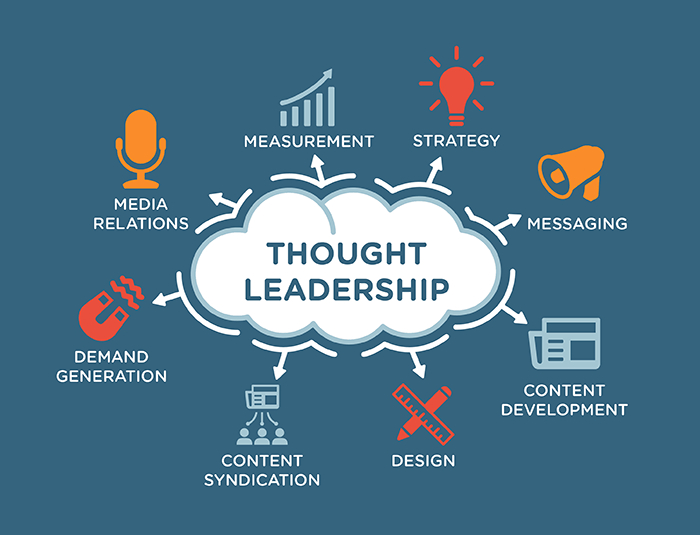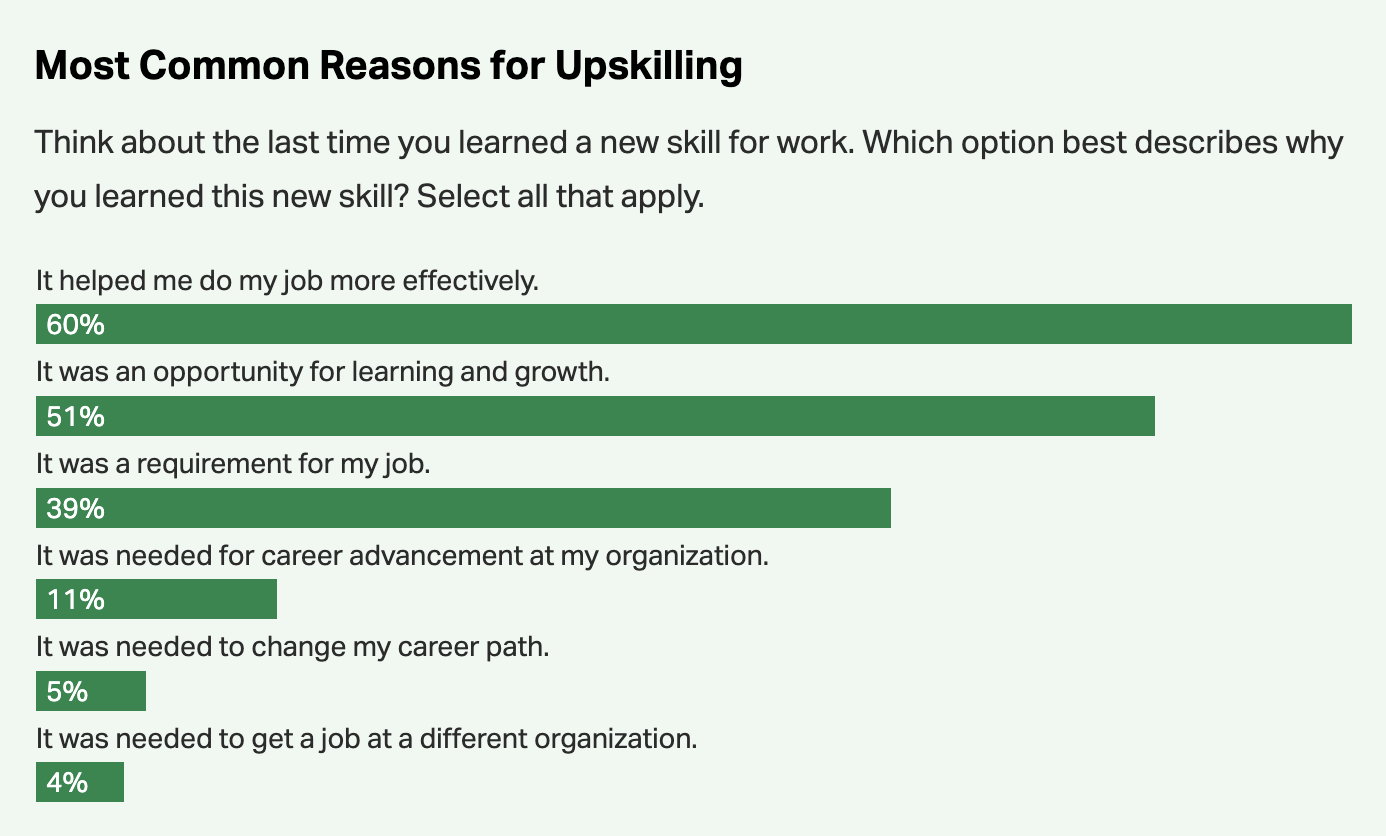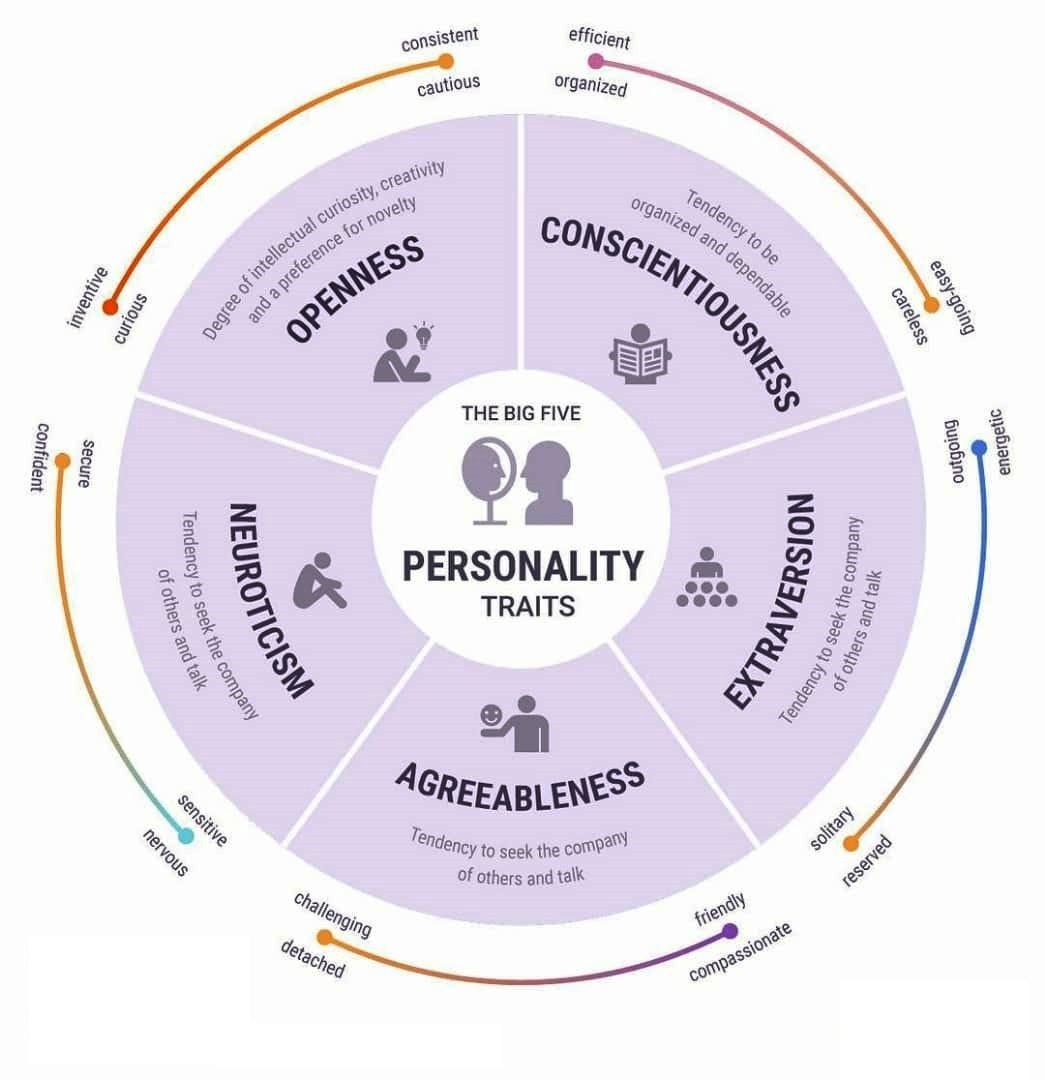Who is a Thought Leader? How to become a Thought Leader?
A thought leader is an individual or an organization that has expertise in a particular field and is highly respected and followed by colleagues, customers, and competitors.
Concept
A thought leader in English is Thought leader.
A thought leader is an individual or an organization that has expertise in a particular field and is highly respected and followed by colleagues, customers, competitors, and even outsiders.
Thought leadership, in general, is pioneering new ideas, rather than following conventional stereotypes.
These leaders use their authority to influence their areas of expertise, to generate revenue for themselves and their organizations, and to create value for entities that seek to benefit from them.
Some Different Views on Thought Leaders
A thought leader is often one of the most successful individuals in their field or among the most successful organizations in their industry. But a thought leader is more than just an expert; they have authority and influence in their particular field.
However, there are different views on the level of influence and authority an individual or organization should have to be considered a thought leader.
Some would label an individual as a thought leader if they use their expertise to influence peers within their own organizations. Or they would consider a business to be a thought leader if it sets the standard within a small group of peer organizations.
Others believe that individuals or organizations must demonstrate a broader range of influence to be considered a thought leader. And they only consider an individual or organization a thought leader when people outside the workplace or peer group see the individual or organization as a leader on an issue.
Others argue that thought leaders can only be considered as such if they can leverage their expertise and influence, thereby making money for themselves or their businesses based on their status as a leading and influential authority on an issue.

Some examples of thought leaders
In the field of computers and information technology, there are many thought leaders. Take, for example, two American pioneers of the personal computer revolution in the 1970s, Bill Gates, co-founder of Microsoft, and Steve Jobs, co-founder of Apple.
Futurist, author, and inventor Ray Kurzweil, who received the National Medal of Technology and Innovation, America’s highest technology honor, has in recent years promoted the idea of a biologically thinking hybrid human brain enhanced by artificial intelligence and other IT tools.
Characteristics of Thought Leaders
There is no single point that defines a thought leader, although researchers, consultants, and those who have studied the subject have identified a number of characteristics that most thought leaders tend to have.
They say that thought leaders often demonstrate that they are trustworthy and have vision. They are influential and have the ability to inspire others to follow their lead.
They are not afraid to go against the status quo, and they embrace change.
Why are thought leaders important?
Thought leaders are essential to pushing any particular area of expertise or any particular business to higher levels of performance. As such, they drive innovation and discovery. But, they often help create new jobs or revenue for themselves as individuals and for their companies.
Businesses that are perceived as thought leaders can rely on that status to attract customers. Because those customers believe they are receiving a superior service or product because it comes from the thought leader.
Being a thought leader in a particular field is now considered a key element of a successful career. Being recognized as a thought leader is also essential to making money.
How to Become a Thought Leader?
Individuals or organizations seeking to become thought leaders must first become experts in their specific fields.
From there, they need to establish themselves as an authority in their field to as wide an audience as possible. They do this by writing and speaking about their area of expertise, networking to expand their sphere of influence, and using social media to build their audience.
Professionals who want to become thought leaders must also develop their own vision of their area of expertise, present that vision to their peers, and expose their colleagues and clients to the truth of that view.
It’s no surprise that the trade press offers plenty of advice on how to become a thought leader, here are some steps to consider:
1. Create an upfront, authentic online presence
2. Speak publicly
3. Appear on TV
4. Win some awards
5. Publish a book.







